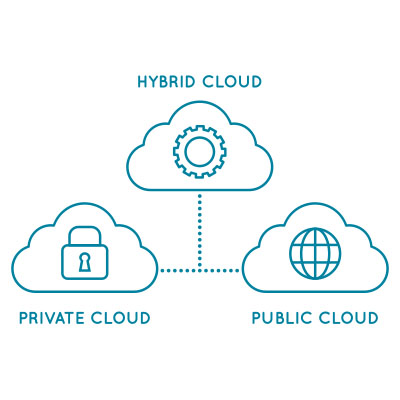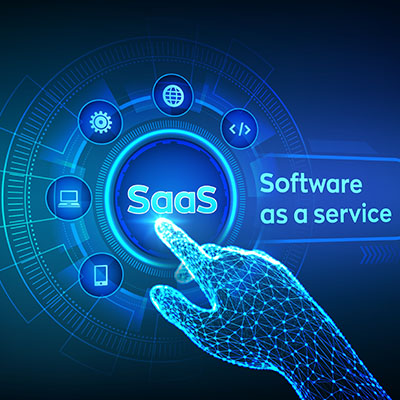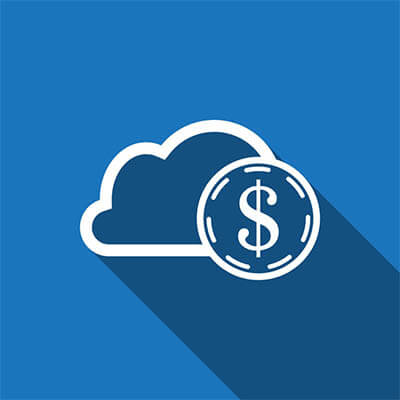The cloud is a remarkable innovation that businesses of all industries and sizes can utilize to scale growth and operations. How you use the cloud, though, will change depending on your company’s specific pain points and requirements. How can you invest in a cloud solution that ticks all your boxes? It starts with assessing whether you want to utilize a public, private, or hybrid cloud infrastructure.
Most businesses who utilize the cloud report that they have managed to cut costs while still getting the resources they need to perform to spec. Businesses can use the cloud for processing and storing data, as well as application deployment, making it a very dynamic solution to a business’ needs. However, you cannot make decisions based on cost alone. Here are some other factors to consider.
The telephone, as a technology, has been around for quite a while, more or less serving businesses for that entire time. Of course, we’ve seen quite a few advancements in telephony over the years, which has helped it to remain a cornerstone of modern business communications to this day in the form of Voice over Internet Protocol, or VoIP.
Your business depends on software for many of its day-to-day operations, whether it’s an email system, productivity suite, or other specialized software. When it comes to acquiring software, you have two options: the traditional method of acquisition, i.e. buying it from a vendor, or subscribing to a Software as a Service solution. What are the differences and how can you make sure your organization is getting value out of its investment?
The cloud has proven to be an extremely useful tool for the modern business. Not only does it provide anywhere-anytime access to applications, processing, storage, et al; it also delivers those products as a service, allowing you to budget for recurring costs rather than major upfront ones. This provides your organization with functional, supported, and secure computing environments that eliminate a lot of the support costs that traditional computing environments require. It sounds like a perfect scenario for small and large businesses alike, but things aren’t always what they seem, as a lot of cloud users have found that they have incurred several hidden costs by using cloud platforms. Today, we take a look at these hidden costs.





